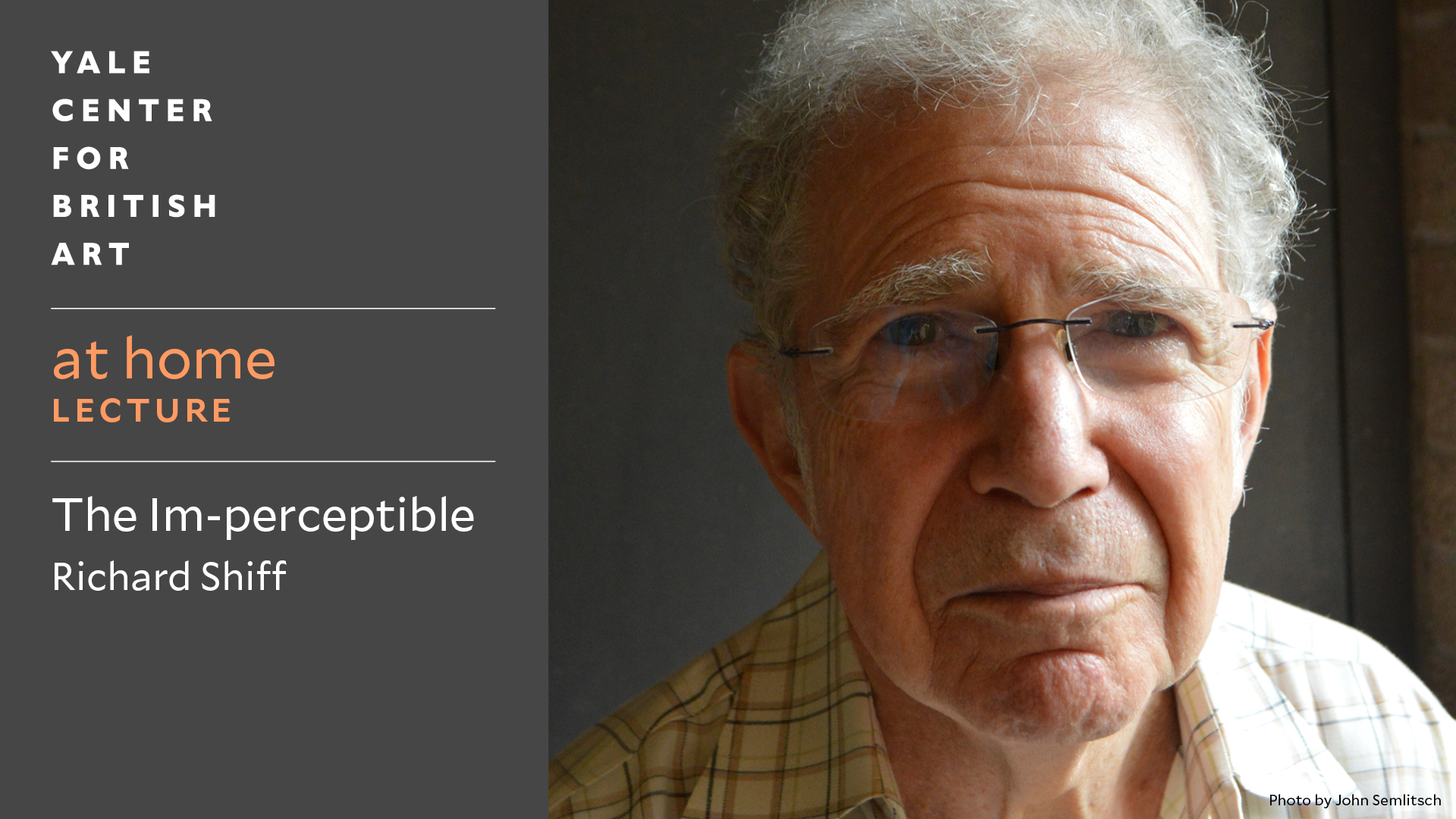About this Program
There are connections to be made when viewing Bridget Riley’s work and art of the past, but those relationships do little to illuminate what Riley has accomplished. The artist has said she admires the “im-perceptible”—what one cannot quite see—in others’ work. This lecture probes Riley’s own “im-perceptible” qualities and how we might “see” them.
About Richard Shiff
Shiff is the Effie Marie Cain Regents Chair in Art and Director of the Center for the Study of Modernism at The University of Texas at Austin. He received his BA from Harvard College in 1965 and his MA in 1969 and PhD in 1973 in history of art from Yale University. His scholarly interests range across the field of modern and contemporary art and theory. His publications include Cézanne and the End of Impressionism (1984), Critical Terms for Art History (co-edited, 1996, 2003), Barnett Newman: A Catalogue Raisonné (co-authored, 2004), Doubt (2008), Between Sense and de Kooning (2011), Ellsworth Kelly: New York Drawings 1954–1962 (2014), and Sensuous Thoughts: Essays on the Work of Donald Judd (2020). His teaching appointments include Emory University, School of the Art Institute of Chicago, Yale University, and University of Chicago. He is the recipient of the Distinguished Teaching of Art History Award, College Art Association, 2010; Getty Senior Research Grant, 1996–97; John Simon Guggenheim Fellowship, 1985–86; National Humanities Center Fellow, spring 1986; and the Mellon Fellow in the Humanities, University of Pennsylvania, 1979–80. Since 2018, Shiff has been a Fellow of the American Academy of Arts and Sciences.
This program is presented through the generosity of the Terry F. Green 1969 Fund for British Art and Culture.



